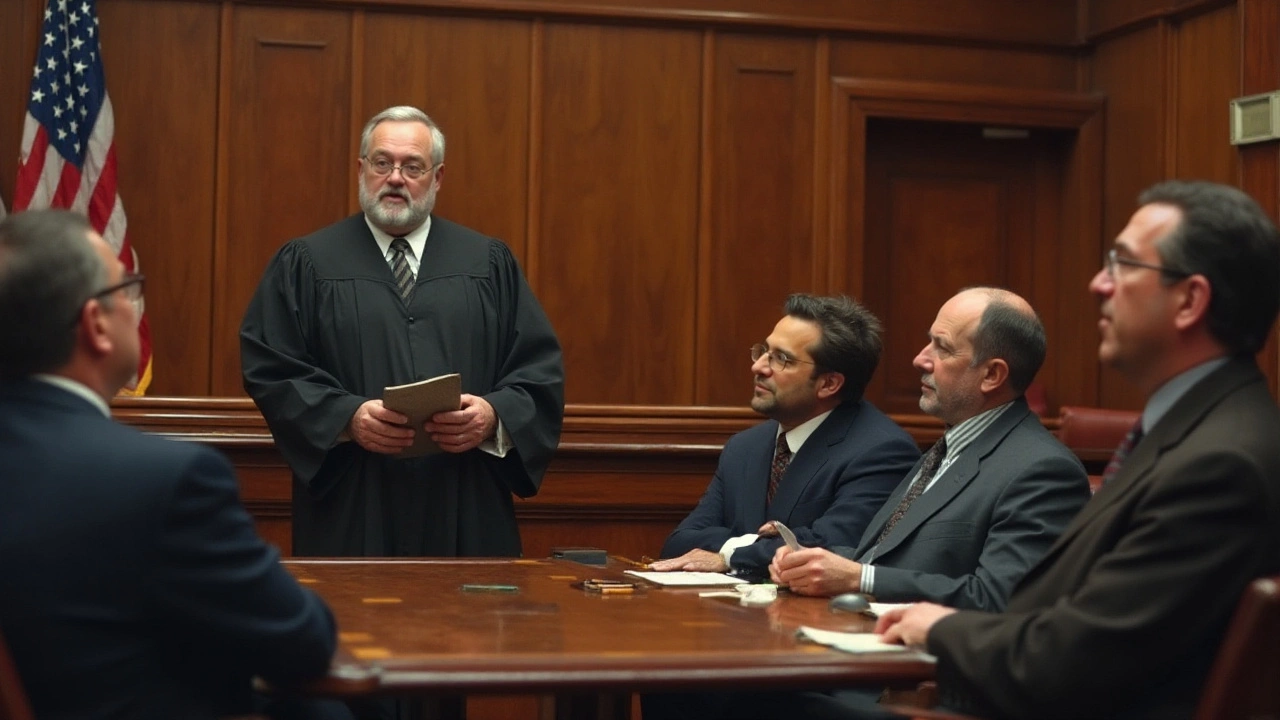Gideon v. Wainwright: Why the Right to a Lawyer Matters
Ever wonder why a criminal defendant gets a free lawyer even if they can’t afford one? The answer goes back to a 1963 Supreme Court case called Gideon v. Wainwright. In plain terms, the Court said every person charged with a crime has the constitutional right to counsel. No money, no excuse.
What the Court Actually Decided
Clarence Gideon was a poor guy from Florida who was charged with breaking and entering. He asked for a lawyer, the judge said no, and Gideon had to defend himself. He lost, went to prison, and wrote a petition to the Supreme Court. The justices agreed with him: the Sixth Amendment’s guarantee of counsel applies to the states through the Fourteenth Amendment. That means if you’re facing criminal charges, the state must provide a lawyer if you can’t pay.
Why It Still Matters Today
Gideon’s ruling set the foundation for public defender offices across the U.S. It also pushed courts to think about fairness: a trial isn’t truly fair when one side is silent because they can’t afford help. In practice, the decision means:
- Police must inform suspects of their right to counsel.
- Courts must appoint lawyers for indigent defendants.
- Law schools and legal aid groups get funding to support the system.
Even though the case happened over 60 years ago, the principle keeps popping up. If a court ever tries to skip appointing counsel, a lawyer can cite Gideon to shut it down.
For people outside the U.S., the idea is still useful. Many countries have similar guarantees, and the case is often taught in law schools as a benchmark for due process. In India, for example, the Constitution also guarantees the right to a fair trial, and courts often look at Gideon when shaping public‑defender models.
So, what should you do if you ever find yourself on the wrong side of the law? First, stay calm and ask for a lawyer right away. If you can’t pay, let the judge know you need a court‑appointed attorney. Don’t try to represent yourself unless you have legal training – the odds are stacked against you.
And if you’re a law student or a budding public defender, Gideon v. Wainwright is a reminder of why we fight for equal access to justice. Knowing the case inside out can help you argue for better funding, better training, and better outcomes for the clients who depend on you.
Bottom line: Gideon isn’t just a historic Supreme Court decision; it’s a living rule that protects anyone charged with a crime. Whether you’re a defendant, a lawyer, or just curious about your rights, the case shows that a fair trial starts with a competent voice in the courtroom – and that voice belongs to you, even if the state has to pay for it.

Understanding Your Right to a Lawyer: The Story Behind Gideon v. Wainwright
The case of Gideon v. Wainwright is a landmark decision that changed the landscape of the American legal system, ensuring that everyone, regardless of financial status, has the right to legal counsel in criminal cases. This article explores the background of the case, its implications, and the significance of having access to a lawyer. Whether you're facing a legal issue or interested in legal history, understanding this decision is crucial.